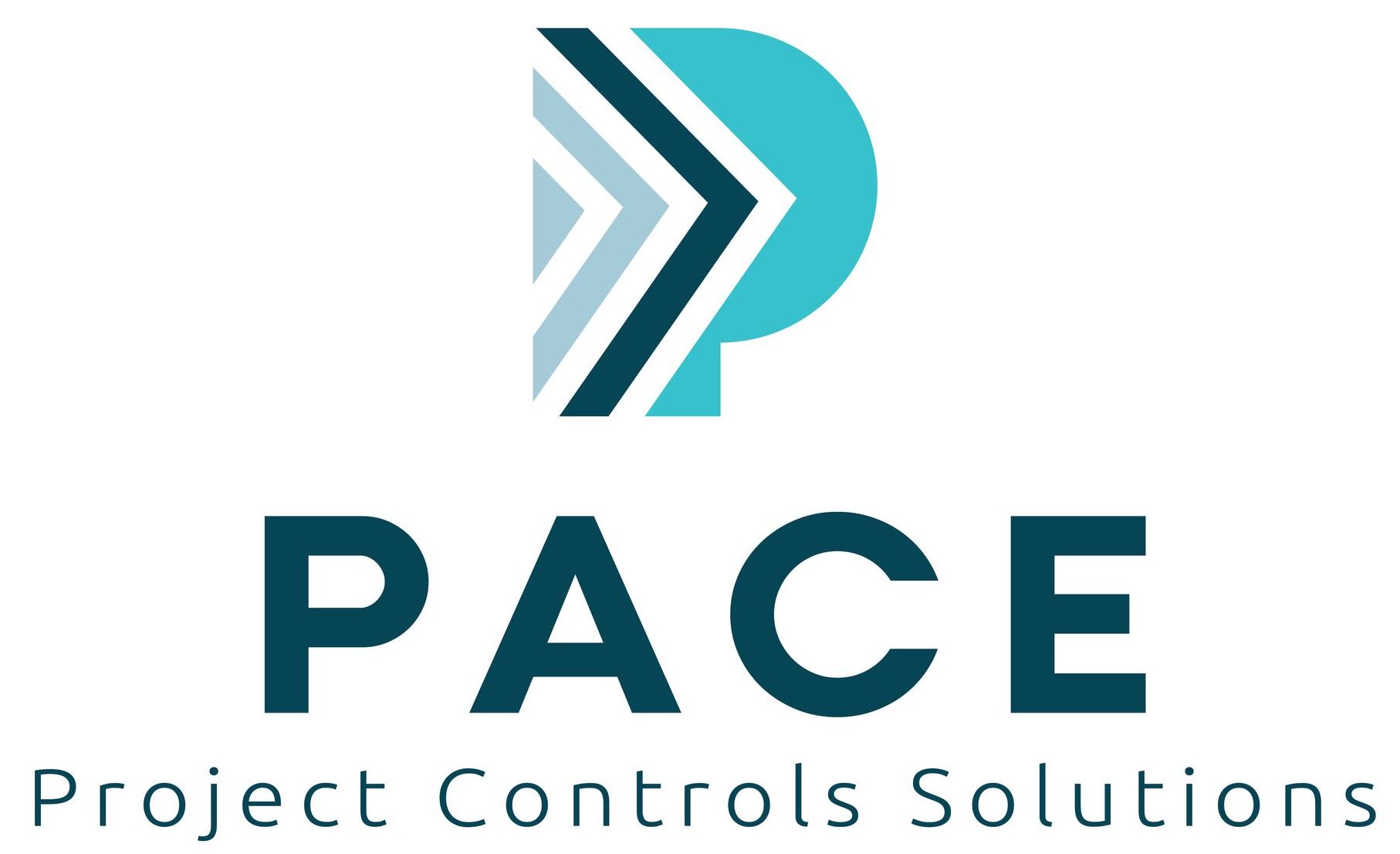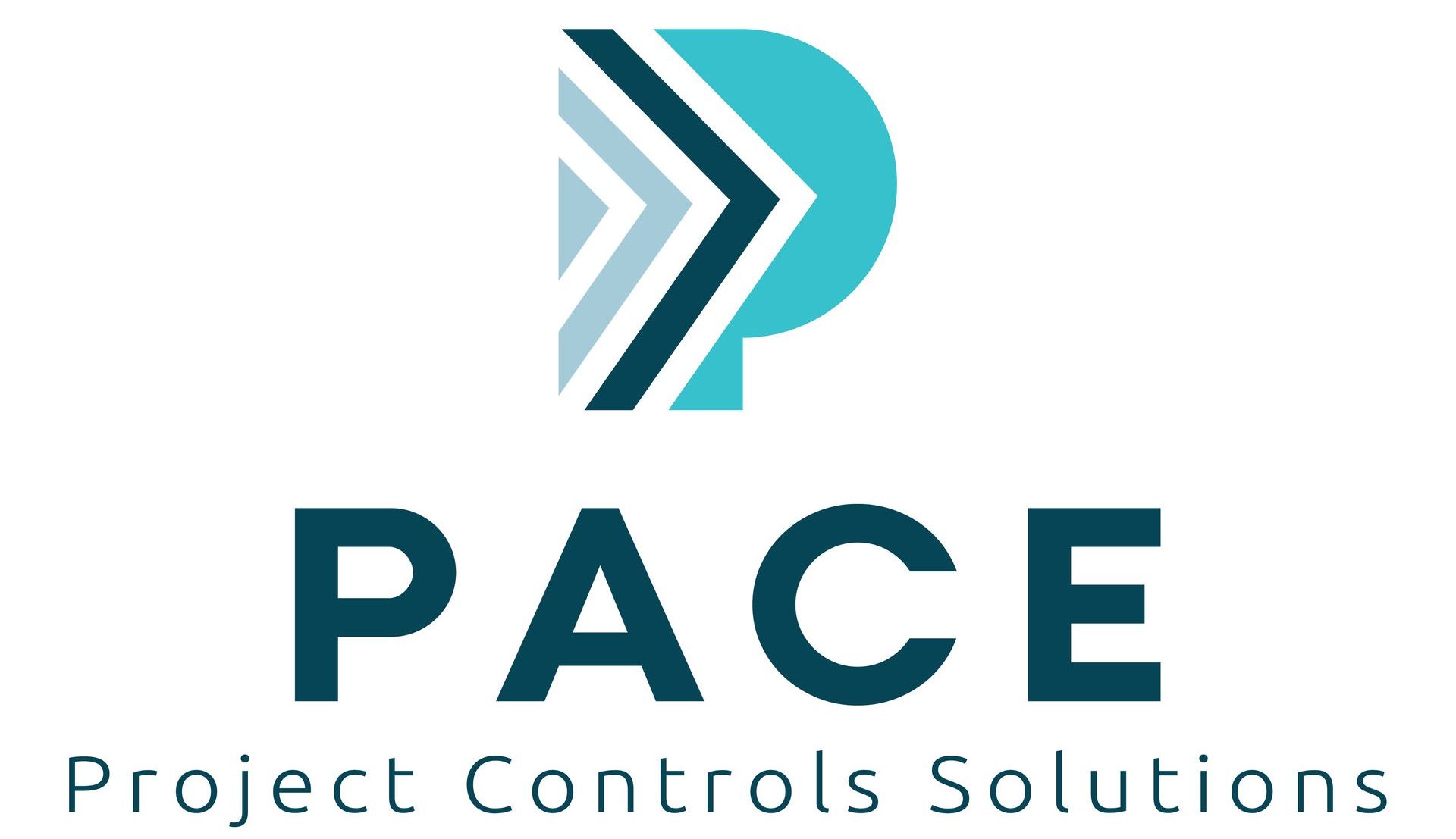5 Tips for Project Controls Experts to Ask for a Pay Rise
As a project controls expert, your role is vital in ensuring the success of complex projects by managing costs, schedules, risks, and resources.

With the growing demand for skilled professionals in this field, now could be the right time to ask for a pay rise. However, requesting a salary increase requires careful preparation, clear communication, and confidence. Whether you’re a seasoned professional or newly stepping into a senior role, here are five key tips to help you successfully ask for a pay rise.
1. Know Your Worth with Industry Benchmarking
Before you even begin the conversation, you need to be well-informed about the market rate for your role. Understanding how your current salary compares to industry standards will provide a solid foundation for your request. Roles in project controls vary significantly depending on the industry, region, and the complexity of the projects you work on.
What You Should Do:
- Research Salary Surveys: Look for reliable salary reports from industry bodies like the AACE (Association for the Advancement of Cost Engineering), or use salary guides from recruitment agencies that specialise in project controls roles.
- Compare Salaries Across Sectors: Check how project controls roles in your sector compare with those in other sectors like oil and gas, infrastructure, or engineering. Project control specialists in niche or high-demand industries may command higher salaries.
- Consider Your Experience and Qualifications: Take into account how your level of experience, certifications, and technical skills impact your earning potential. For example, having a certification like PRINCE2 or Primavera P6 expertise can make a significant difference.
By doing this research, you’ll be able to make a well-reasoned argument that demonstrates the value you bring to the company and supports your request for a higher salary.
2. Highlight Your Impact on Projects
One of the most effective ways to justify a pay rise is by showing how your contributions have positively impacted the company's projects. Project controls experts play a pivotal role in keeping projects on time and within budget—two factors that are crucial to a company’s profitability.
What You Should Do:
- Quantify Your Achievements: Prepare specific examples of projects where your input has led to tangible results. For example, “I helped reduce project costs by 10% on a £10 million project” or “I successfully mitigated risks that could have caused a six-month delay.”
- Focus on Key Performance Indicators (KPIs): Use KPIs such as cost savings, adherence to timelines, risk mitigation, or efficiency improvements to demonstrate your value. Employers are more likely to agree to a pay rise if they can see the direct benefits of your work.
- Show Leadership and Problem-Solving: If you’ve taken on more responsibilities, led teams, or solved significant project challenges, be sure to highlight these achievements. It demonstrates your ability to handle increased responsibility, which is a strong argument for a pay rise.
By framing your contributions in a way that directly relates to the company’s bottom line, you make a compelling case for why you deserve a higher salary.
3. Choose the Right Time
Timing is everything when it comes to asking for a pay rise. Approaching your manager when the company is in a good financial position or after a successful project can increase your chances of success. Similarly, catching your manager at the right moment, when they aren’t overwhelmed or distracted, is key.
What You Should Do:
- Pick an Appropriate Moment: Ideally, raise the subject during a scheduled performance review. If that’s not an option, consider the timing in relation to your recent successes. Just after a project has been successfully completed, or when the company has announced growth or profit, is often a good time.
- Avoid Poor Timing: Refrain from asking for a raise during financially challenging times for the company or when your manager is under pressure. The end of a financial year, during budget reviews, or after a major setback may not be the best time.
- Link to Future Contributions: Rather than just focusing on past successes, position the pay rise as part of your commitment to adding even more value in the future. This approach shows you are forward-thinking and keen to continue growing with the company.
The right timing can significantly enhance the chances of your request being positively received.
4. Be Prepared for Negotiation
Not every pay rise request will be met with an immediate "yes," and that’s okay. It’s important to be prepared for negotiation and to have a clear idea of what you are willing to accept. Knowing your minimum salary expectation, as well as potential alternatives to financial compensation, will help you enter the conversation confidently.
What You Should Do:
- Set a Target Range: Instead of asking for a specific figure, suggest a salary range that reflects your market research. This allows room for negotiation and demonstrates flexibility. For example, “Based on industry benchmarks and my contributions, I believe a salary in the range of £X to £Y is appropriate.”
- Consider Non-Monetary Benefits: If the company is unable to meet your salary expectations, be open to discussing other forms of compensation. These could include additional holidays, flexible working arrangements, training opportunities, or a performance-based bonus structure.
- Stay Professional: During negotiations, maintain a professional and positive tone. If your request is denied or met with a lower offer, ask for feedback and clarify what you need to do to earn a higher salary in the future. Show that you are open to continuous improvement and development.
Being prepared for a range of outcomes will make the negotiation process smoother and help you avoid disappointment.
5. Build Your Case with Confidence and Clarity
Confidence is key when asking for a pay rise. It’s important to approach the conversation with a positive, professional mindset, and to clearly communicate why you believe you deserve an increase. Project controls professionals often have demanding roles, and your contributions are likely to be highly valued, but you need to articulate this confidently.
What You Should Do:
- Practice Your Pitch: Before the meeting, practice what you will say. Be concise, clear, and direct. For example: “Over the past year, I have successfully managed project costs, reducing overruns by 15%, and consistently delivered on time despite challenges. Given these contributions and industry benchmarks, I would like to discuss my current salary.”
- Be Confident but Not Arrogant: While it’s important to express your achievements, avoid coming across as entitled. Frame your request as a conversation about fair compensation for your contributions and commitment to the company.
- Be Open to Feedback: Listen to your manager’s response carefully. If they need time to consider your request or provide feedback, be patient and open to their perspective. This can also be an opportunity to align on future goals and what it would take to earn a pay rise at a later date.
Confidence, backed by facts and a clear argument, will help you make a strong case for a salary increase.
Conclusion
Asking for a pay rise as a project controls expert requires thorough preparation, careful timing, and clear communication. By researching industry standards, highlighting your impact on projects, and approaching the conversation with confidence and professionalism, you can significantly increase your chances of success. Remember, a pay rise request is not just about the money—it’s about recognising the value you bring to the company and aligning your compensation with your contributions.
Explore
Quick Links
Join Us
Join Us
Thank you for subscribing.
We will keep you up to date with latest news and updates from Pace Global.
You can unsubscribe at any time via email to info@paceglobal.org or from our emails directly.
Please try again later.
Join Us
We will get back to you as soon as possible.
Please try again later.
© 2024 All Rights Reserved | Privacy Policy
Powered with
by Shazamme.com
Powered with
by Shazamme.com

